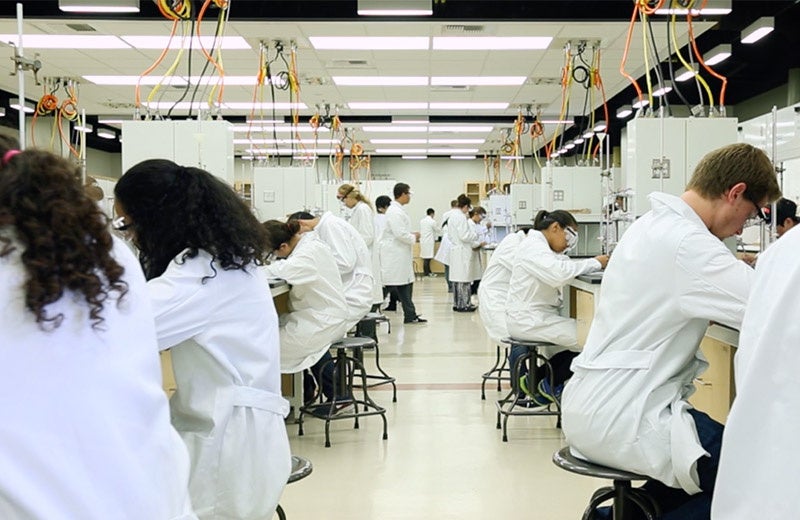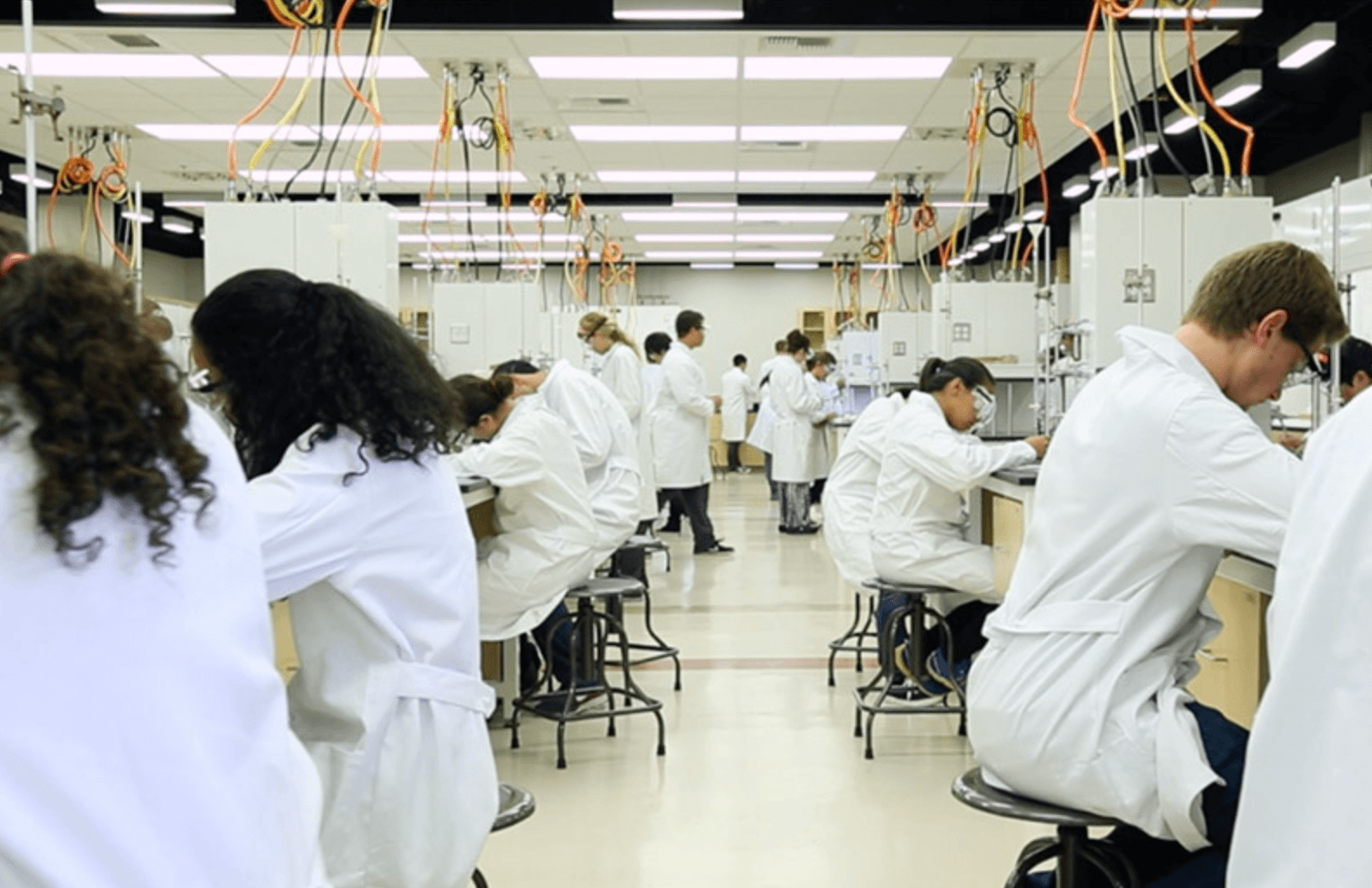The summer after committing to the University of Southern California Viterbi School of Engineering, I was filled with confidence. Graduating high school, getting my first internship, and being accepted into a top 20 university to study my major of choice were some of my most life-changing experiences. At that point, I had learned a lot of lessons and believed that nothing more could faze me when I came to college.
During my first semester, I learned one of the most valuable lessons of my college career so far: the importance of seeking support and resources when facing academic challenges. I quickly realized that in college, especially at the University of Southern California, being smart is not enough; you also have to be resourceful and proactive in using academic resources when struggling with course material. This lesson was made apparent to me during my first college chemistry class. From lab to lecture, week after week, the class progressed swiftly through the course material. Finally, we reached week 6, and midterm season was upon us. Although nervous, I remained confident in my ability to excel on my exams. I reviewed lecture notes, did a countless number of practice problems, and assured myself that this would be enough. However, I was completely wrong and was in for a rude awakening when I received my exam score. This failure had me reconsidering whether engineering was the right fit for me. I was confused, scared, and anxious about my performance and what I could do to salvage the remainder of the semester.

My first step in combating this setback was communicating with my professor. We held a meeting where we discussed my stance in the class and the possibilities for my grade moving forward. She introduced me to outside resources such as office hours, supplemental instruction, and Zoom exam review. After consulting with her, I decided to follow her advice to keep my chin held high and push forward to the next exam. I devised a schedule of when I would study chemistry material throughout the weeks of the semester. I remained cognizant of the time I set aside to attend office hours and attended supplemental instruction while holding myself accountable to ensure I followed through with my plan to succeed in Chem 105A.
These practices were time-consuming, but in the end, they were well worth it. After making them a routine and incorporating these practices into my lifestyle, I was able to persevere and pass chemistry. This experience in my first semester of college developed my grit and showed me how to readjust in times of adversity. Moreover, it helped me realize that I didn’t love chemistry as much as I did in high school, prompting me to switch my major from chemical engineering to industrial and systems engineering.




